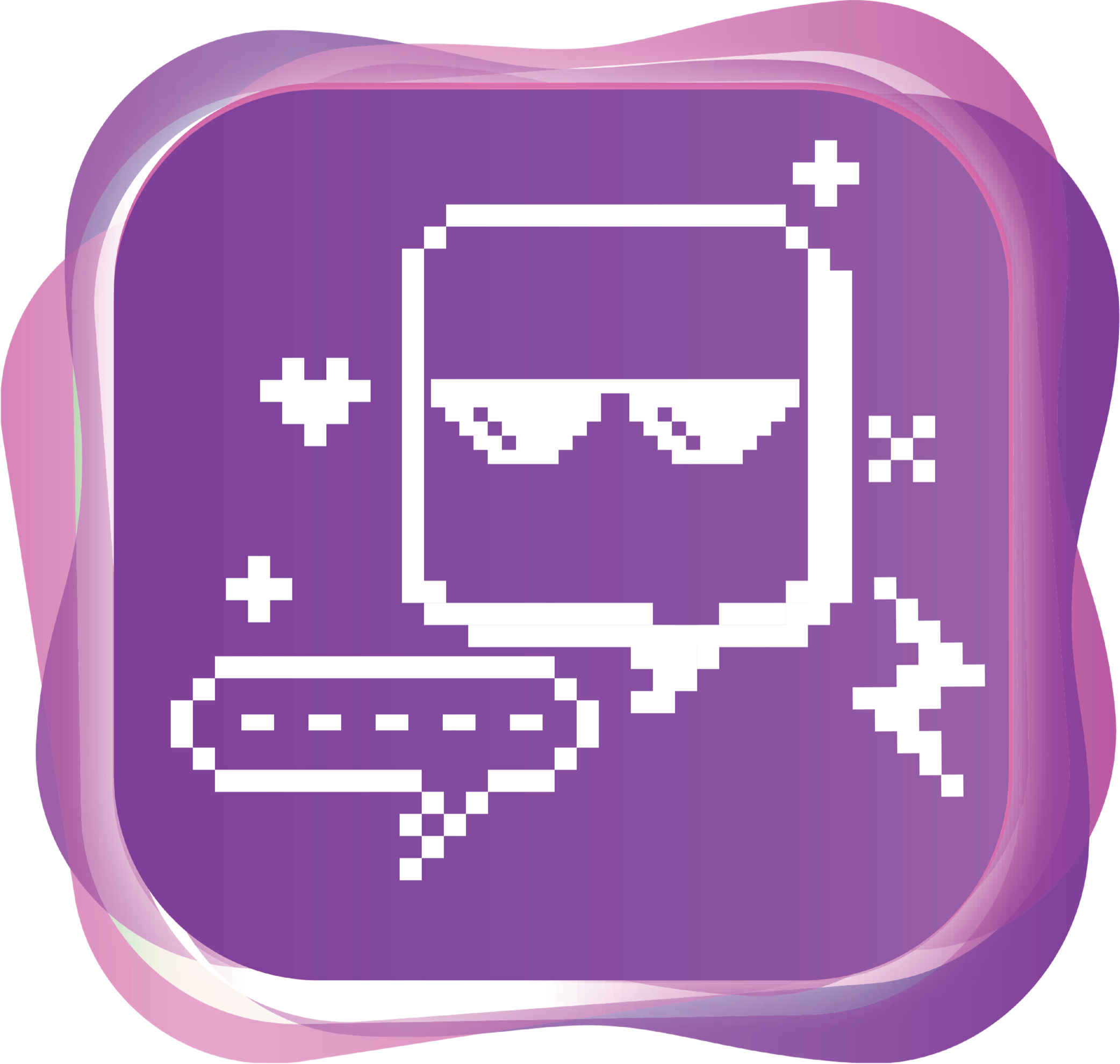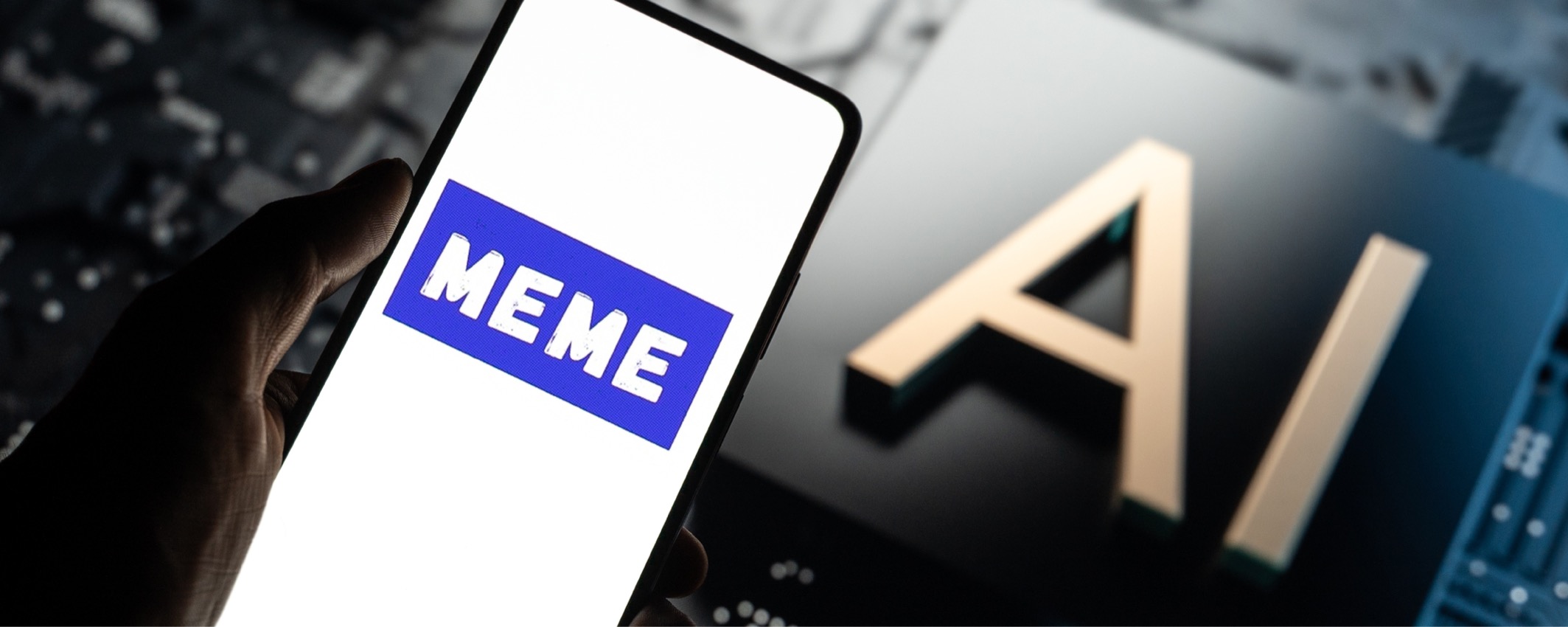 |
CCAI9018 Artificial Intelligence
|
Course Description
What are ‘Internet Memes,’ and what do they tell us about our humanity in an age of artificiality? This course explores the fun and fascinating world of internet memes and their significance in the digital age, particularly in the context of Artificial Intelligence (AI). Students will delve into the evolution of memes, from handcrafted digital content to AI-assisted creations, and examine how AI influences the form and content of these social media artifacts. Through an interdisciplinary approach, the course will address fundamental questions about the meaning and significance of memes, using lenses of aesthetic philosophies, hermeneutics, and digital technology. Students will engage in discussions, projects, and practical experiments to understand the role of AI in meme creation and curation, and how it impacts human communication and values. We will also explore ways to develop virtue in the humorous but often divisive world of social media. Along the way our class will enjoy creating and consuming memes that help us make sense of the meaning of life, using the mirror of AI to reveal what it truly means to be human.

Course Learning Outcomes
On completing the course, students will be able to:
- Discuss different philosophies about art clearly and logically to share thoughts on the meaning of visual and written content.
- Explore and evaluate key theories about how we create meaning, especially through metaphors. This will help students understand their own values and interests, engage in respectful conversations across different digital cultures, and use AI tools effectively.
- Identify and articulate a personal understanding of meaning and significance through digital expressions and communities.
- Critically evaluate memes and digital content by understanding metaphor, content creation, and how algorithms influence what we see. Students will develop and demonstrate creativity by making their own memes while navigating online community expectations.
Offer Semester and Day of Teaching
First semester (Wed)
Study Load
| Activities | Number of hours |
| Lectures | 24 |
| Tutorials | 12 |
| Reading / Self-study | 36 |
| Independent preparation for assessments | 12 |
| Assessment: Writing assignments | 12 |
| Assessment: Presentation (incl preparation) | 12 |
| Assessment: Group discussion | 12 |
| Total: | 120 |
Assessment: 100% coursework
| Assessment Tasks | Weighting |
| Tutorial participation and assignments/discussions | 10 |
| In-class discussion | 10 |
| Short writing assignments | 30 |
| Individual projects | 25 |
| Discussion forum | 25 |
Required Reading
Internet Resources:
Students will be guided specifically to collections or subcollections which are not known to have offensive materials.
Readings:
Selections from:
- Arnheim, R. (1969). Visual Thinking. Berkeley, CA: University of California Press. From https://julac-hku.primo.exlibrisgroup.com/permalink/852JULAC_HKU/1f1rhea/alma991044742899903414 [Chap. 4 (pp.72-79) “Two and Two Together”]
- Barfield, O. (1987). Poetic diction a study in meaning (2nd ed.). Wesleyan University Press. [Chap. 3 (pp. 60-76) “Metaphor”]
- Benjamin, W. (1935). The Work of Art in the Age of Mechanical Reproduction. [Available online from Marxists.org]
- Berger, J. (1972). Ways of Seeing. London: Penguin Books. [Chap. 1]
- Han, B. C. (2022). Infocracy. Berlin: Polity. [pp.12-24]
- Johnson, J. (2024). Original Intentionalism: A Comparison of Textual and Visual Hermeneutics. Originalism in Theology and Law. [Chap. 2 (pp.37-49; 56-57)]
- Kövecses, Z., & Benczes, R. (2010). Metaphor: a practical introduction (2nd ed.). Oxford University Press. [Ch. 2 (pp. 18-23); Chap. 6 (pp. 79-86)]
- Lidwell, W., Holden, K., Butler, J., & Elam, K. (2010). Universal principles of design: 125 ways to enhance usability, influence perception, increase appeal, make better design decisions, and teach through design (2nd ed.). Rockport Publishers. [Only for reference, not full reading]
- Literat, I., & S. Berg. (2019). Buy memes low, sell memes high: vernacular criticism and collective negotiations of value on Reddit’s MemeEconomy. Information, Communication & Society, 22(2), 232-249.
- Morreall, J. (2024). Philosophy of Humor. The Stanford Encyclopedia of Philosophy. Edward N. Zalta & Uri Nodelman (eds.). From https://plato.stanford.edu/entries/humor/ [Only for reference, not full reading]
- Pusca, A. (2009). Walter Benjamin, a Methodological Contribution. International Political Sociology, 3(2), 238-254. [Introduction and Conclusion]
- Shifman, L. (2013). Memes in a digital world: Reconciling with a conceptual troublemaker. Journal of Computer-Mediated Communication, 18(3), 362-377
- Shifman, L. (2014). Memes in Digital Culture. Cambridge, MA: MIT Press. From http://find.lib.hku.hk/record=alma991018243539703414 [Chap. 2 (pp. 9-15); Chap..4 (pp. 37-41)]
- Sommerer, T. (2025). Revisiting Baudrillard’s (dis)trust in Artificial Intelligence: Baudrillard and the Dead Internet Theory. Revisiting Baudrillard’s (dis)trust in Artificial Intelligence. Philosophy & technology, 38(2). From https://julac-hku.primo.exlibrisgroup.com/discovery/fulldisplay?docid=cdi_proquest_journals_3192429151&context=PC&vid=852JULAC_HKU:HKU&search_scope=MyInst_and_CI&tab=Everything&lang=en
- Walter, Y. (2025). Artificial Influencers and the dead internet theory. AI & Society, 40, 239-240. From https://julac-hku.primo.exlibrisgroup.com/discovery/fulldisplay?docid=cdi_proquest_journals_3168157767&context=PC&vid=852JULAC_HKU:HKU&search_scope=MyInst_and_CI&tab=Everything&lang=en
- Yankoski, M., Scheirer, W., & Weninger, T. (2021). Meme warfare: AI countermeasures to disinformation should focus on popular, not perfect, fakes. Bulletin of the Atomic Scientists, 77(3), 119-123. From https://doi.org/10.1080/00963402.2021.1912093
- Zhai, Y., Yan, J., Zhang, H., & Lu, W. (2020). Tracing the evolution of AI: conceptualization of artificial intelligence in mass media discourse. Information Discovery and Delivery, 48(3), 137-149. From https://doi.org/10.1108/IDD-01-2020-0007
Course Co-ordinator and Teacher(s)
| Course Co-ordinator | Contact |
| Dr J.W. Johnson School of Humanities (Music), Faculty of Arts |
Tel: Email: johnsonj@hku.hk |
| Teacher(s) | Contact |
| Dr J.W. Johnson School of Humanities (Music), Faculty of Arts |
Tel: Email: johnsonj@hku.hk |

